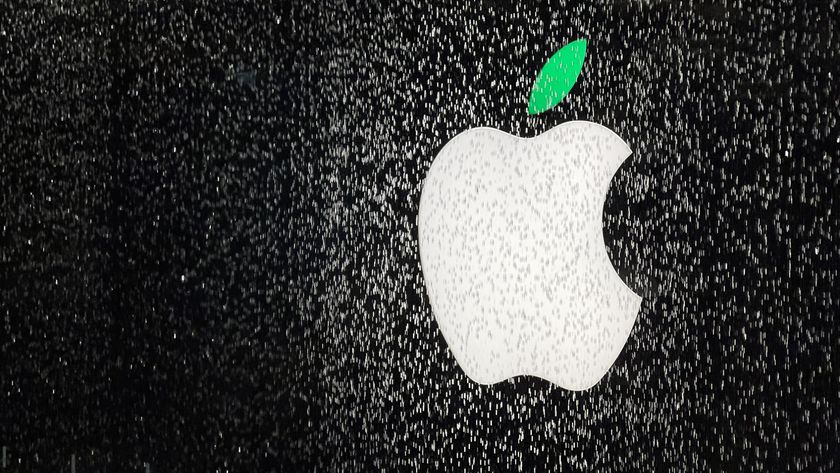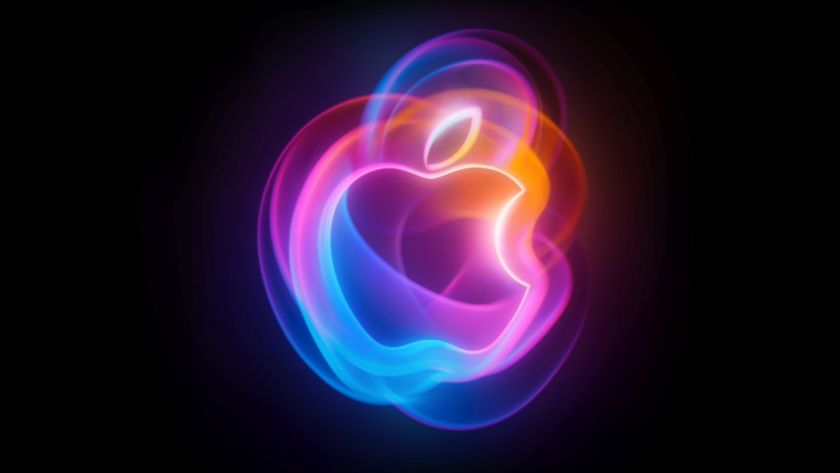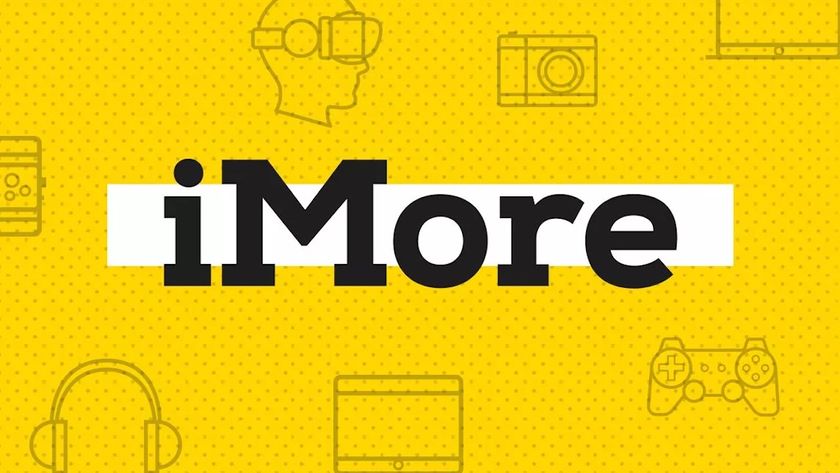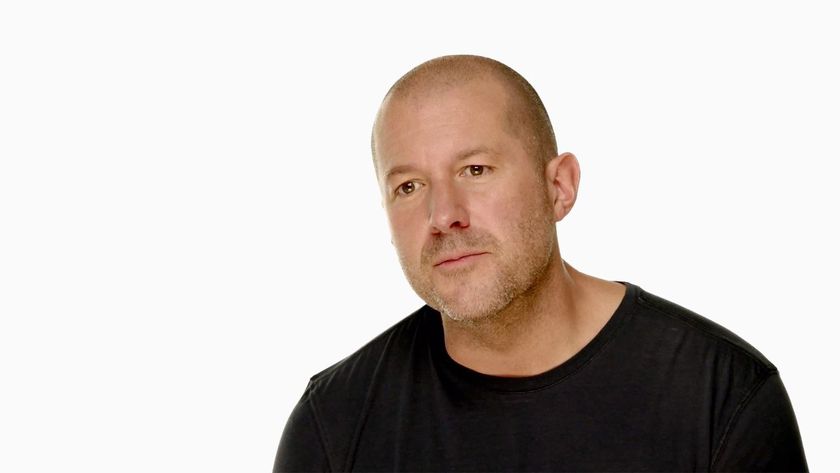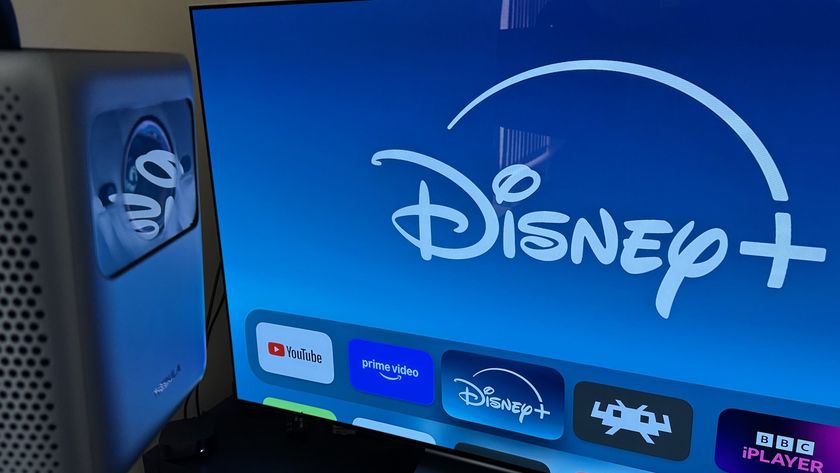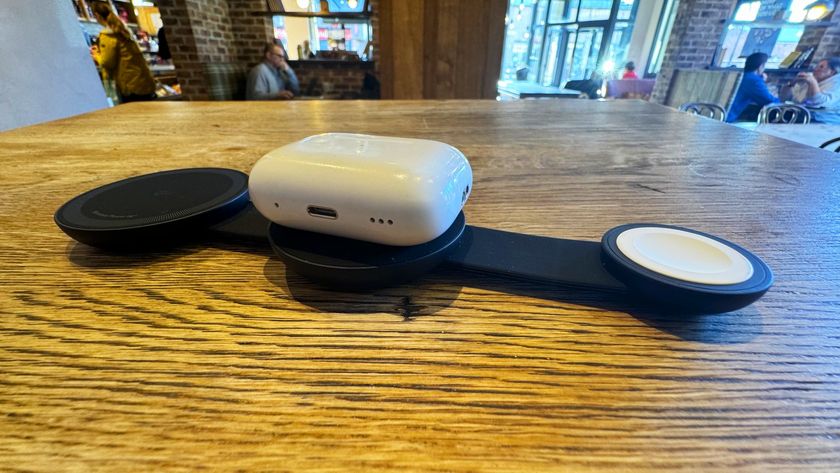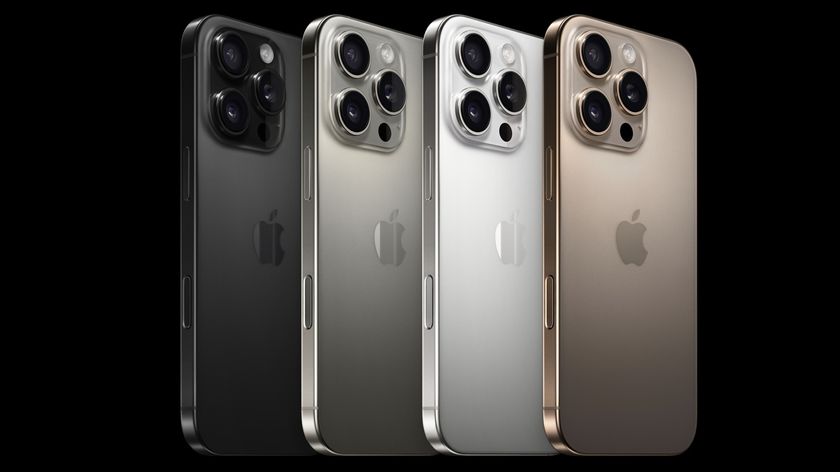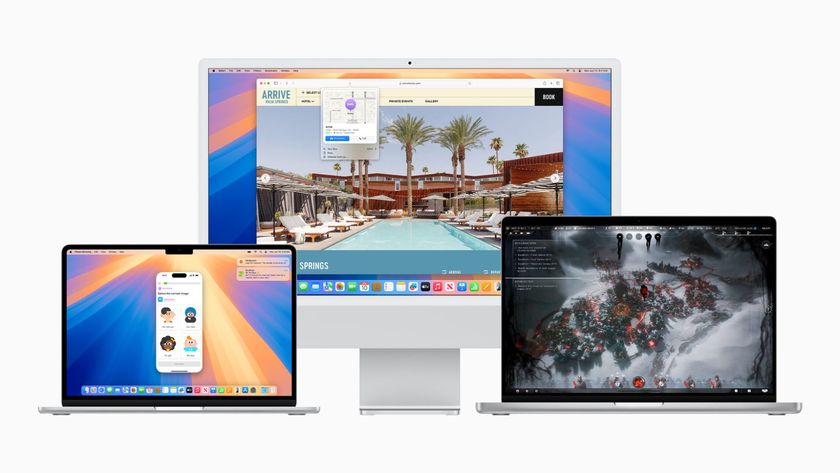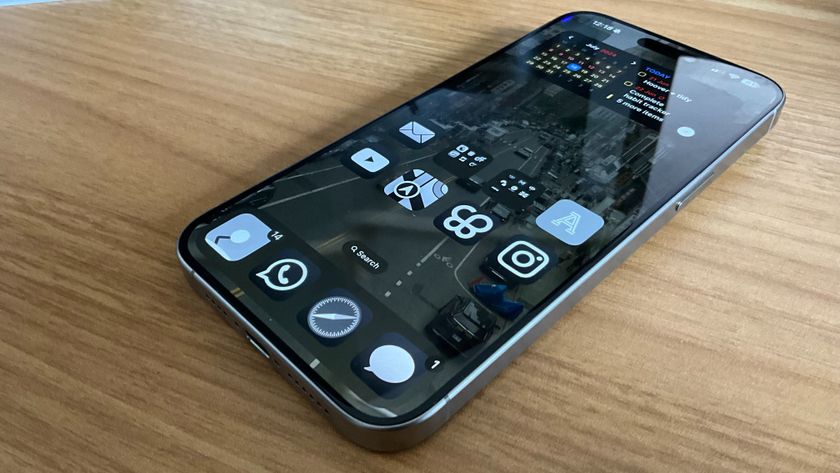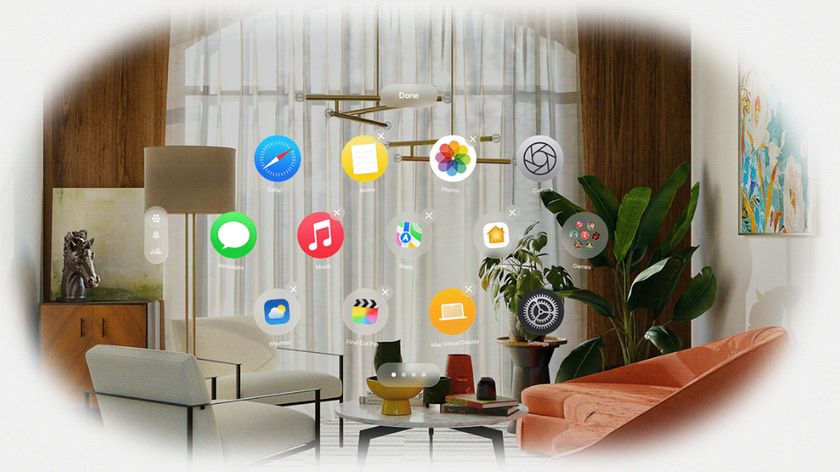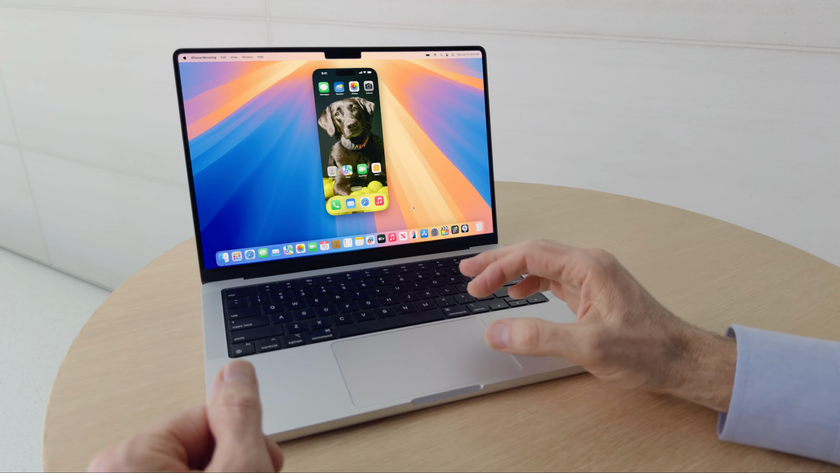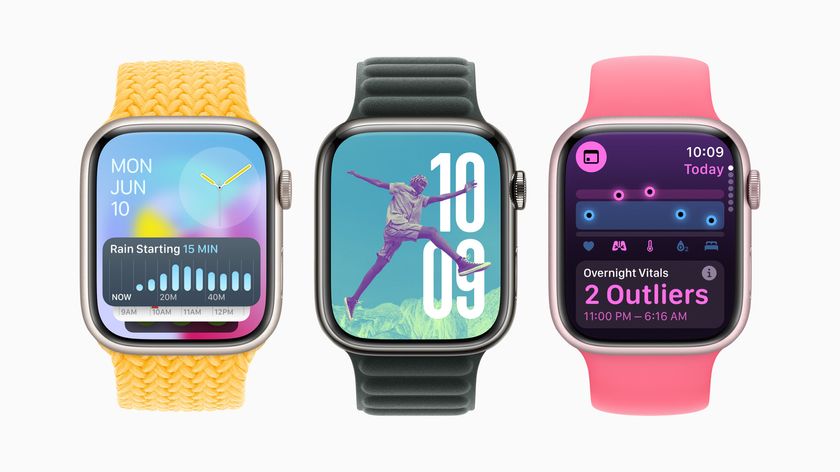WWDC 2014: A love letter from Apple
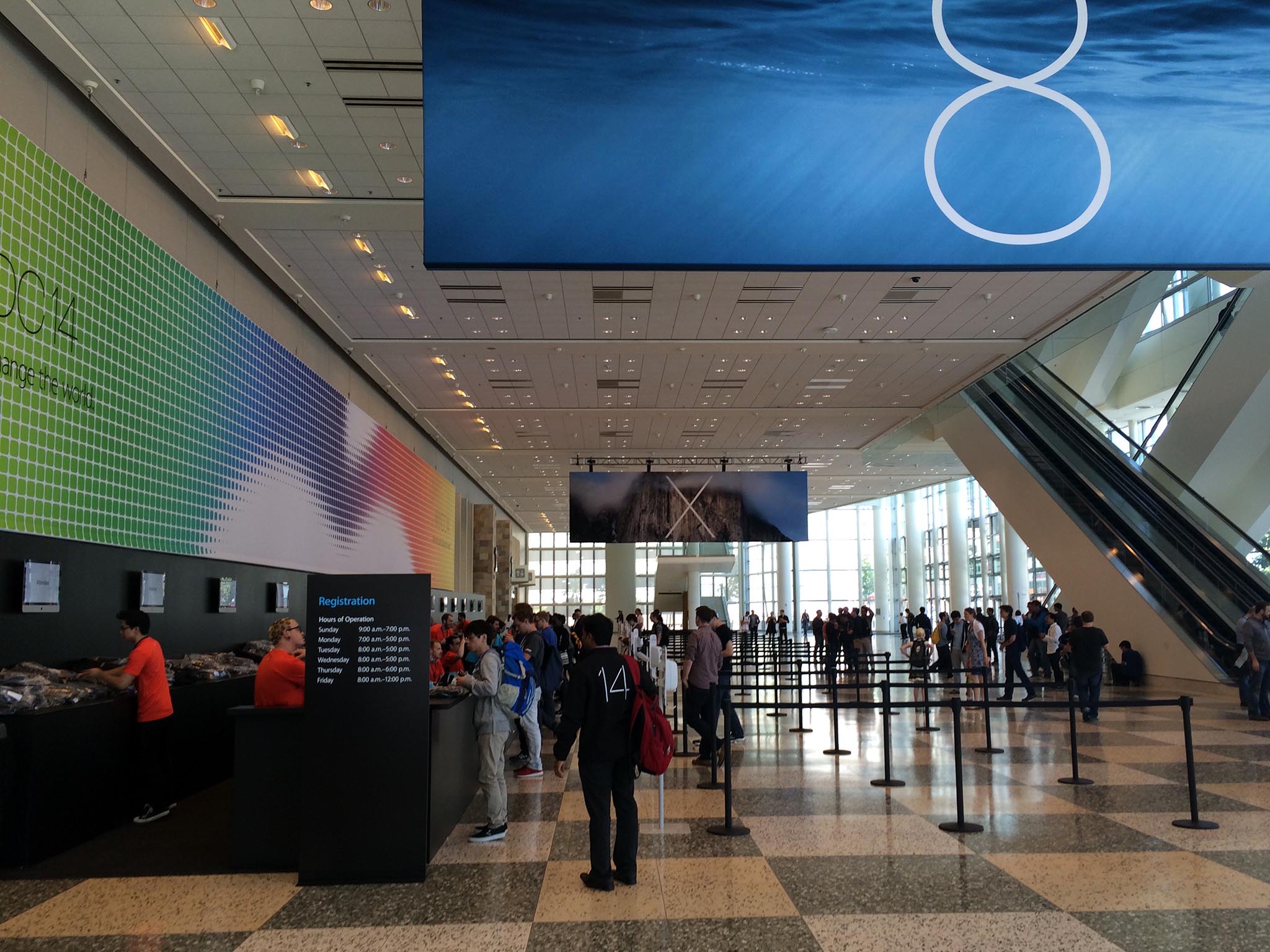
WWDC 2014 was a love letter from Apple. Not just to customers, not just to developers, not just to partners or media or any one specific group, but to everyone who makes up the community. It was a love letter not from a "new Apple" but from an Apple as integrated, empowered, and energized as the event itself. All of this was the result of decisions and directions months and years in the making, carefully, exhaustingly brought together this past week at Moscone West in San Francisco, California. Surprising, delighting, and amazingly dense, here's what happened and what it all means.
Roughly a year and a half ago Apple was reorganized into clean, clear, collaborative groups, including Craig Federighi as head of all software engineering, Eddy Cue as head of all internet services, and Jony Ive as head of all design — what I called at the time Tim Cook's Apple. At WWDC 2013 we saw the beginnings of that collaboration with iOS 7. This week we saw its bookend with OS X Yosemite, iOS 8, and a new generation of capabilities and tools that transcend mobile, transcend desktop, and transcend cloud to create something more.
Scuttlebutt leading up to the keynote sounded insane: The biggest developer release since iOS 2 (iPhone OS 2). The biggest feature fill since iOS 4. And none of it had leaked. Given the demands of an OS X redesign, the level of competition, the rumor mills, it was almost impossible to believe. Yet it turned out to be true. Those Apple employees visible before the show were energized in anticipation. Hell, they were almost glowing.
Then the keynote started, Tim Cook took the stage, and from the moment he stepped out and smiled the attitude for the event was set — "we got this."
There was no Phil Schiller and no new hardware. No Eddy Cue and no new iTunes services. No Jony Ive video and no new design manifesto. No Angela Ahrendts and no Apple Retail. There was no need. OS X Yosemite, iOS 8, and the dev news had this.
Tim Cook has come to fully embody Apple's "we believe" mantra. Great products. Accessibility. Environmental responsibility. Listening. 1000 no's for every yes. Perfecting. He not only takes the stage but sets it. And this WWDC, he set it for Craig Federighi.
Flashback 4 years ago and Federighi, new to the keynote, wrestled with a Magic Mouse and struggled to find his rhythm. Flash forward to this week and he was, as Cook called him, Superman.
Master your iPhone in minutes
iMore offers spot-on advice and guidance from our team of experts, with decades of Apple device experience to lean on. Learn more with iMore!
Federighi covered an incredible breadth and depth of topics — from OS X to iOS to developer tools — in an incredibly short period of time. Sections that could easily have been their own events, slides that could have been their own tentpoles, bullet points that could have been their own sets of slides, sped by at blipvert-like speeds. Yet Federighi's delivery remained funny and near-flawless. He hit both the highlights for the mainstream and the deep details for developers.
When Federighi did make a call-out or handoff, it wasn't always to the people or even types of people we've come to expect from an Apple keynote, the fellow executives and members of the marketing team. Kim Vorath got a moment. So did Darin Adler. Chris Lattner got stage time, not during the developer State of the Union but during the mainstream event. And well that he did, because the Swift programming language Lattner has been spearheading for the last 4 years was the centerpiece for the developer section.
Swift wasn't the only nerdy part of the show. Extensibility was another major feature. Apple has been working on delivering a comprehensive inter-app communication system for years but they wanted to do it in a way that didn't compromise security or usability. That iOS is as insanely popular as it is, as big a target as it is, and has effectively no malware is a miracle of modern system design. Haphazardly punching holes in that security is a non-starter, as is creating remote views that can't subsist if the system jettisons their memory-hogging parent apps. Having widgets and interactive notifications that don't leverage the same technology is also less than desirable in modern, mobile world. So, like copy and paste took until 2009, Extensibility took until 2014, and despite many of us hoping it would have been sooner, I can't imagine anyone thinking, given how its been architected, it could have been better.
Same with Continuity and its ability to detect other devices — iPhone, iPad, or Mac — on the same Apple ID, within Bluetooth LE proximity, and pass content points and actions seamlessly from one to the other. It doesn't require opening a web browser, logging into a web site, and all the traditional overhead of cloud-centric systems. It makes the internet transparent. It puts the person and what they want to do front-and-center where they belong.
The amount of technology that had to all come to together, all at the same time, to deliver OS X Yosemite, iOS 8, the new dev tools, and features like Swift, Extensibility, and Continuity is stupefying. It's literally years in the planning, coordinating, and engineering. It's a foundation that will let Apple and developers deliver even more and better apps and features for years to come.
If there was a theme for Apple and WWDC this year it was integration. If there was a feeling it was energized. If there was a message it was empowerment. If there was a differentiator it was security-first, privacy-first — people-first. Apple didn't race to get features out before they were secure or services before they were private. They didn't center their strategy on thin clients or standardized interfaces. They centered it on us and our stuff.
From Family Sharing to Handoff to TestFlight, Apple IDs are now the glue that connects us to each other and to all of our content. Whether we want to pool our purchases, translocate our activities, or share our works in progress, we're no longer bound by devices. We're bound to people.
Beyond the technology, from the increased sessions for designers to the multitude of student scholarships to Swift Playgrounds to accessibility labs to women developer meet-ups, getting more — and more diverse types — of people involved in the community was strong and recurring theme this year and a critically important one. The future is limited only by the scope of our collective vision. The greater our diversity the wider our scope and the better our future.
Not everything was perfect at WWDC 2014, of course. The Yosemite grand tour could have been shorter. The call to Dr. Dre tighter (and he could have answered faster!). The hair bit backstage could have been less slapstick. The cracks at Windows and Android could have been left on the writers' table. But minor quibbles aside, this was Apple at the top of their game. Forget foot on the gas or pedal to the metal, this was Apple hitting the turbo boost.
There's a lot left to discuss, to digest, and to explain. In a year when what would have previously been tent-pole features barely got a slide and a moment, how could there not be? We're going to be spending the next few months doing just that.
Sure, if you squint and turn your head sideways just enough, you can probably see how headless apps, Metal, scalable story boards, and all the other technologies announced at the show could one day power wearables and consoles, bigger phones and phablets, more powerful tablets and longer-lasting portables, and who knows what else. But right now they're focused on empowering us.
For now, for today, Apple, its evangelists, engineers, designers, communicators, editors, and support teams have delivered a fantastic event. An ode to integration. A moment of surprise and delight. A love letter to us all.
I thank them for that, and I thank all of you for joining in on our coverage. We're in for one incredible 2014!
- iMore show 405: WWDC 2014 highlights
- Debug 38: WWDC 2014 developer roundtable
- Vector 43: WWDC 2014 vs. Android

Rene Ritchie is one of the most respected Apple analysts in the business, reaching a combined audience of over 40 million readers a month. His YouTube channel, Vector, has over 90 thousand subscribers and 14 million views and his podcasts, including Debug, have been downloaded over 20 million times. He also regularly co-hosts MacBreak Weekly for the TWiT network and co-hosted CES Live! and Talk Mobile. Based in Montreal, Rene is a former director of product marketing, web developer, and graphic designer. He's authored several books and appeared on numerous television and radio segments to discuss Apple and the technology industry. When not working, he likes to cook, grapple, and spend time with his friends and family.
